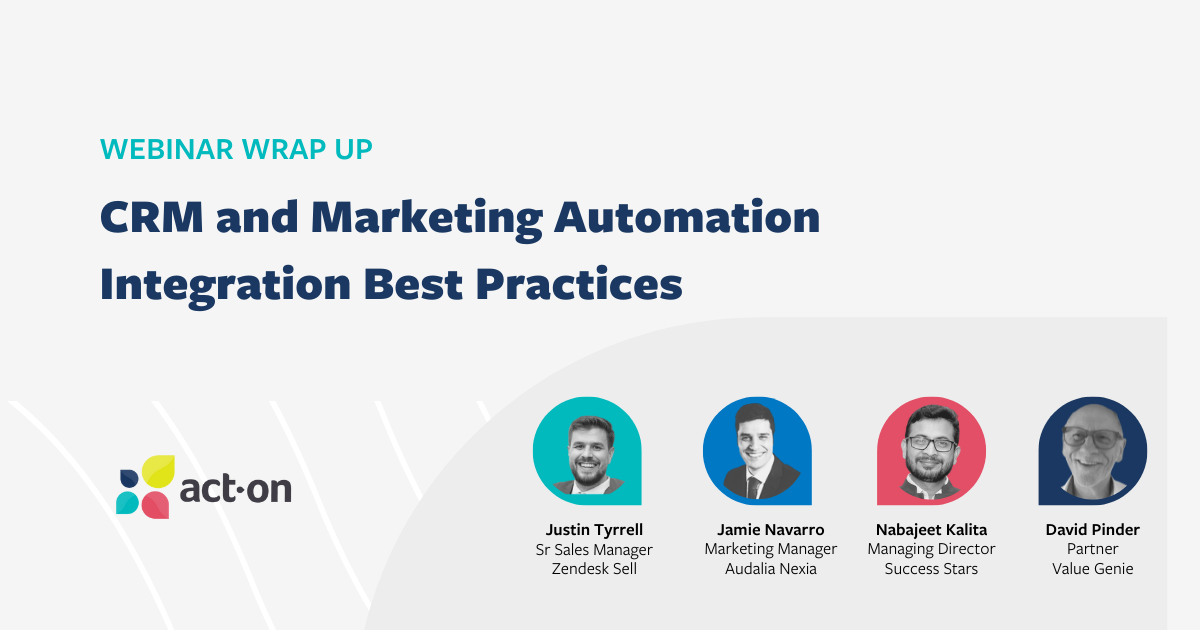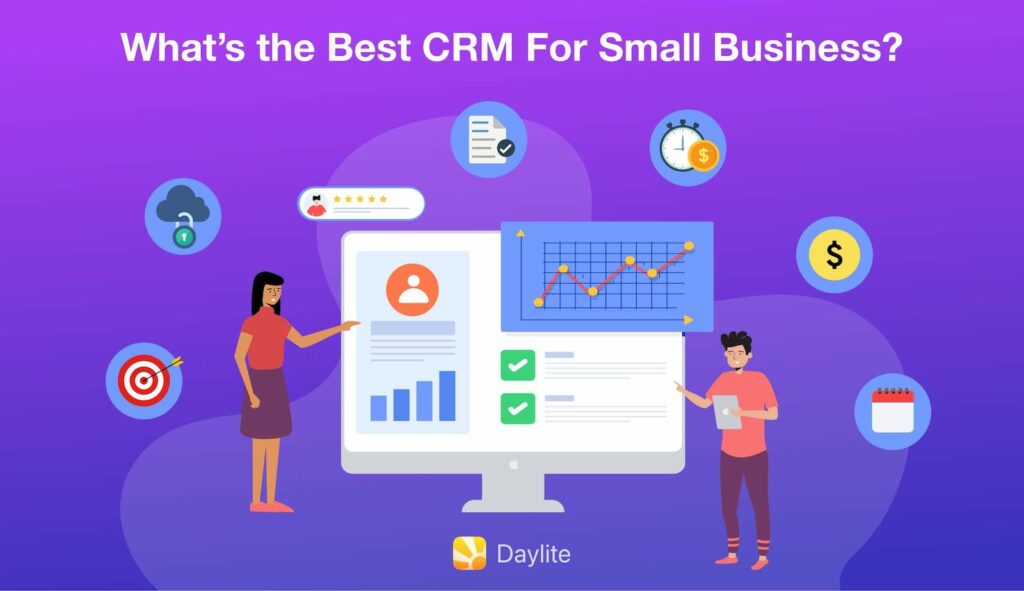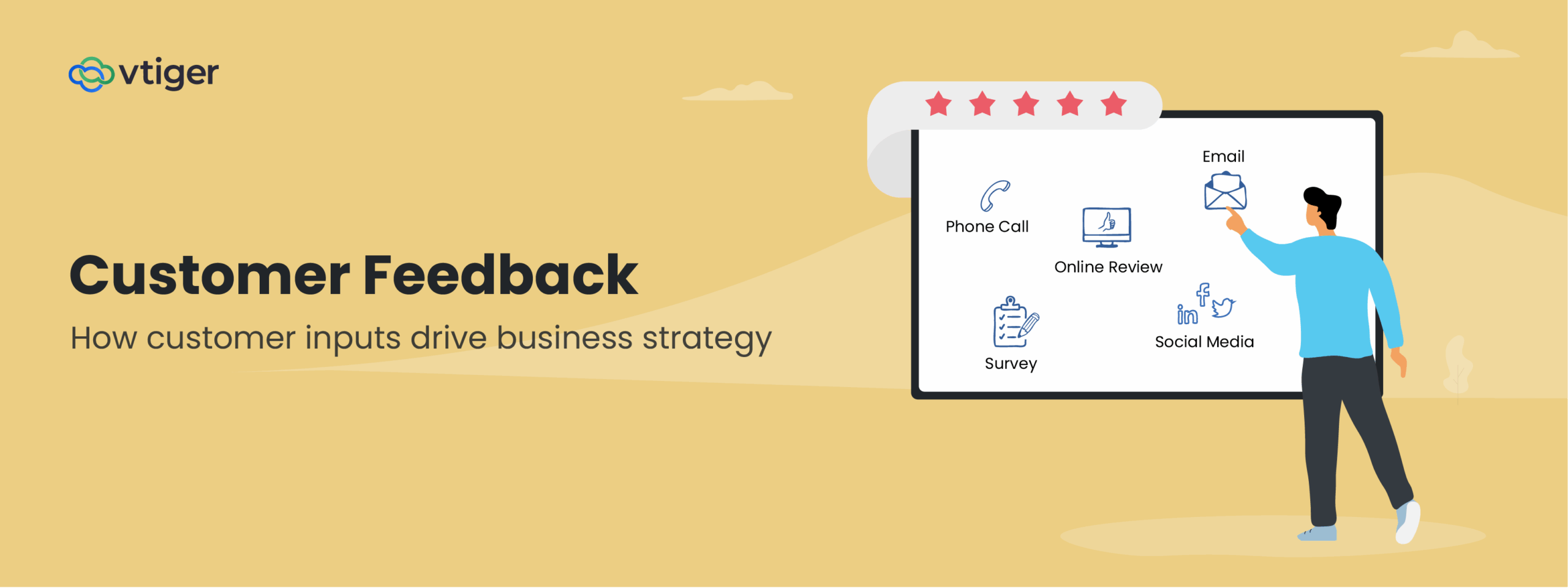Unlock Growth: Your Guide to Choosing the Perfect CRM for Your Small Business
Unlock Growth: Your Guide to Choosing the Perfect CRM for Your Small Business
Starting a small business is a rollercoaster. There are exhilarating highs, nail-biting lows, and a constant need to wear many hats. One of the most crucial hats you’ll need to wear is the “customer relationship” hat. And that’s where a Customer Relationship Management (CRM) system comes in. But with so many options out there, how do you choose the right one? This comprehensive guide will walk you through the essential tips for selecting the best CRM for your small business, ensuring you can focus on what matters most: growing your business.
Why Your Small Business Needs a CRM
Before diving into the selection process, let’s understand why a CRM is so vital for small businesses. In the early days, you might be able to manage customer interactions using spreadsheets and email. But as your customer base grows, this becomes unsustainable. A CRM system acts as a central hub for all your customer data, providing numerous benefits:
- Improved Customer Relationships: A CRM gives you a 360-degree view of each customer, helping you personalize interactions and build stronger relationships.
- Increased Sales: By tracking leads, managing the sales pipeline, and automating tasks, a CRM can significantly boost your sales efficiency.
- Enhanced Productivity: Automate repetitive tasks, freeing up your team to focus on more strategic activities.
- Better Data Insights: Gain valuable insights into customer behavior, sales trends, and marketing effectiveness.
- Streamlined Communication: Keep all customer communication in one place, ensuring everyone on your team is on the same page.
Key Features to Look for in a CRM
Not all CRM systems are created equal. The features you need will depend on your specific business needs. However, some essential features are crucial for most small businesses:
Contact Management
At its core, a CRM should excel at contact management. This includes storing contact information, tracking interactions, and segmenting your contacts based on various criteria.
- Contact Storage: Ability to store detailed contact information, including names, addresses, phone numbers, email addresses, and social media profiles.
- Interaction Tracking: Logging all interactions with customers, such as emails, phone calls, meetings, and support tickets.
- Segmentation: The ability to segment your contacts based on demographics, behavior, purchase history, and other relevant criteria.
Sales Automation
Sales automation features can significantly streamline your sales process and improve efficiency.
- Lead Management: Capturing, tracking, and nurturing leads through the sales pipeline.
- Sales Pipeline Management: Visualizing your sales process and tracking the progress of deals.
- Task Automation: Automating repetitive tasks, such as sending follow-up emails, scheduling appointments, and creating tasks.
- Reporting and Analytics: Generating sales reports and analyzing key metrics to track performance.
Marketing Automation
If you plan to use your CRM for marketing, look for features that automate your marketing efforts.
- Email Marketing: Sending targeted email campaigns to your contacts.
- Marketing Automation Workflows: Automating marketing tasks, such as lead nurturing and onboarding sequences.
- Landing Page Creation: Creating landing pages to capture leads.
- Social Media Integration: Integrating your CRM with social media platforms to manage your social media presence.
Customer Service and Support
A good CRM can also help you provide excellent customer service.
- Ticket Management: Managing customer support tickets and tracking their resolution.
- Knowledge Base: Creating a knowledge base to provide customers with self-service support.
- Live Chat Integration: Integrating live chat to provide real-time customer support.
Integrations
Integrations allow your CRM to connect with other tools you use, such as your email provider, accounting software, and project management tools. Look for a CRM that integrates with the tools that are essential to your business.
Mobile Access
If you and your team are often on the go, make sure the CRM offers a mobile app or a responsive design that works well on mobile devices.
Step-by-Step Guide to Selecting the Right CRM
Choosing the right CRM is a process. Here’s a step-by-step guide to help you make the best decision for your small business:
1. Define Your Needs and Goals
Before you start looking at CRM systems, take the time to define your needs and goals. What are you hoping to achieve with a CRM? What are your pain points? What specific features do you need? Consider these factors:
- Identify Your Business Goals: What do you want to achieve with a CRM? (e.g., increase sales, improve customer satisfaction, streamline marketing efforts)
- Assess Your Current Processes: How do you currently manage your customer interactions, sales, and marketing?
- Identify Your Pain Points: What are the biggest challenges you face in managing your customer relationships?
- List Your Must-Have Features: Which features are essential for your business?
- Determine Your Budget: How much are you willing to spend on a CRM?
2. Research CRM Options
Once you understand your needs, it’s time to research different CRM options. There are countless CRM systems available, so it’s essential to narrow down your choices. Here’s how:
- Read Online Reviews: Check out reviews from other small businesses to get an idea of the pros and cons of different CRM systems.
- Compare Features: Compare the features of different CRM systems to see which ones meet your needs.
- Consider Your Budget: CRM systems range in price from free to expensive. Choose a system that fits your budget.
- Look for Industry-Specific Solutions: Some CRM systems are designed for specific industries. If you’re in a niche industry, consider a CRM that’s tailored to your needs.
- Check for Scalability: Consider if the CRM can grow with your business.
3. Create a Shortlist
Based on your research, create a shortlist of 3-5 CRM systems that seem like a good fit for your business. This will make it easier to compare and evaluate the options.
4. Request Demos and Free Trials
Most CRM providers offer demos and free trials. Take advantage of these to get a hands-on feel for the systems you’re considering. During the demo or trial, pay attention to:
- Ease of Use: Is the system easy to navigate and use?
- User Interface: Is the user interface intuitive and visually appealing?
- Functionality: Does the system offer all the features you need?
- Customer Support: What kind of customer support is available?
- Integration Capabilities: Does the system integrate with the other tools you use?
5. Test and Evaluate
Spend some time testing the CRM systems on your shortlist. Try to simulate your typical workflows and see how the systems perform. Consider these factors:
- Usability: How easy is the system to learn and use?
- Performance: Does the system perform smoothly and efficiently?
- Customization: Can you customize the system to meet your specific needs?
- Scalability: Can the system scale as your business grows?
- Data Migration: How easy is it to migrate your existing data to the new system?
6. Consider Pricing and Support
Pricing and support are crucial factors to consider. CRM systems offer a variety of pricing plans, so choose one that fits your budget. Also, make sure the provider offers adequate support, such as:
- Pricing Structure: Understand the pricing structure (per user, tiered pricing, etc.).
- Implementation Costs: Factor in any implementation costs or training fees.
- Customer Support Options: Check for the availability of customer support (email, phone, chat).
- Training Resources: Does the provider offer training resources, such as tutorials and documentation?
7. Make Your Decision and Implement
After evaluating all the options, it’s time to make your decision. Choose the CRM system that best meets your needs and budget. Before implementing the CRM, create a detailed implementation plan that includes:
- Data Migration Plan: How will you migrate your existing data to the new system?
- Training Plan: How will you train your team to use the new system?
- Timeline: Create a timeline for the implementation process.
- Post-Implementation Support: Ensure you have access to ongoing support after implementation.
Top CRM Systems for Small Businesses
Here are some of the top CRM systems for small businesses, along with a brief overview of their strengths:
1. HubSpot CRM
Best for: Free CRM with robust features and ease of use.
HubSpot CRM is a popular choice for small businesses, especially those looking for a free CRM. It offers a wide range of features, including contact management, sales pipeline management, and email marketing. It’s known for its user-friendly interface and excellent customer support.
2. Zoho CRM
Best for: Affordable CRM with extensive customization options.
Zoho CRM is a versatile CRM system that offers a lot of features at an affordable price. It’s highly customizable and integrates with other Zoho apps, making it a great option for businesses that use Zoho’s suite of tools. Zoho CRM is a powerful CRM with a lot of options for tailoring to your business needs.
3. Pipedrive
Best for: Sales-focused CRM with a visual sales pipeline.
Pipedrive is a sales-focused CRM that’s designed to help sales teams manage their leads and close deals. It features a visual sales pipeline that makes it easy to track the progress of deals. Pipedrive is known for its user-friendly interface and focus on sales productivity.
4. Freshsales
Best for: Easy to use and affordable CRM with a focus on sales.
Freshsales is a sales CRM that is part of the Freshworks suite of products. It offers a clean and intuitive interface with features like built-in phone and email, sales automation, and reporting. It’s designed to be easy to use and is a good option for small businesses that want a simple, yet powerful CRM.
5. Agile CRM
Best for: All-in-one CRM with sales, marketing, and service automation.
Agile CRM is a comprehensive CRM solution that offers sales, marketing, and service automation features. It’s designed for small and medium-sized businesses and offers a range of features, including contact management, lead scoring, email marketing, and help desk integration.
Tips for Successful CRM Implementation
Choosing the right CRM is only half the battle. Successful implementation is essential to realizing the full benefits of your CRM. Here are some tips for a smooth implementation:
- Involve Your Team: Get your team involved in the selection and implementation process to ensure everyone is on board.
- Provide Training: Provide adequate training to your team so they know how to use the CRM effectively.
- Migrate Your Data Carefully: Ensure your data is migrated accurately and completely.
- Customize the CRM to Your Needs: Tailor the CRM to your specific business processes and workflows.
- Monitor and Evaluate: Regularly monitor your CRM usage and evaluate its effectiveness.
- Clean Your Data: Before importing data, cleanse and organize it to ensure accuracy.
Overcoming Common CRM Challenges
Even with careful planning, you might encounter some challenges during CRM implementation. Here are some common challenges and how to overcome them:
- Lack of User Adoption: This is a common issue. Make sure your team understands the benefits of the CRM and provide ongoing training and support.
- Poor Data Quality: Inaccurate or incomplete data can undermine the value of your CRM. Implement data cleansing procedures and regularly review your data.
- Integration Issues: Ensure your CRM integrates seamlessly with your other tools. If you encounter integration issues, seek help from the CRM provider’s support team.
- Complexity: Some CRM systems can be complex. Choose a system that is easy to use and customize to your needs.
- Cost Overruns: Carefully plan your budget and track your expenses. Consider the long-term costs, including training, support, and customization.
The Future of CRM for Small Businesses
The CRM landscape is constantly evolving. Here are some trends to watch out for:
- AI-Powered CRM: AI is being used to automate tasks, provide insights, and personalize customer interactions.
- Mobile CRM: The demand for mobile CRM solutions is growing.
- Focus on Customer Experience: CRM systems are increasingly focused on improving the customer experience.
- Integration and Automation: CRM systems are becoming more integrated with other business tools and offer more automation capabilities.
By staying informed about these trends, you can ensure your CRM strategy remains effective.
Conclusion
Choosing the right CRM system is a critical decision for any small business. By following the tips outlined in this guide, you can select a CRM that meets your specific needs and helps you build stronger customer relationships, increase sales, and improve your overall business performance. Remember to define your needs, research your options, test and evaluate, and implement the CRM carefully. With the right CRM in place, your small business will be well-equipped to thrive in today’s competitive market. Don’t delay; start your CRM journey today and watch your business flourish!




